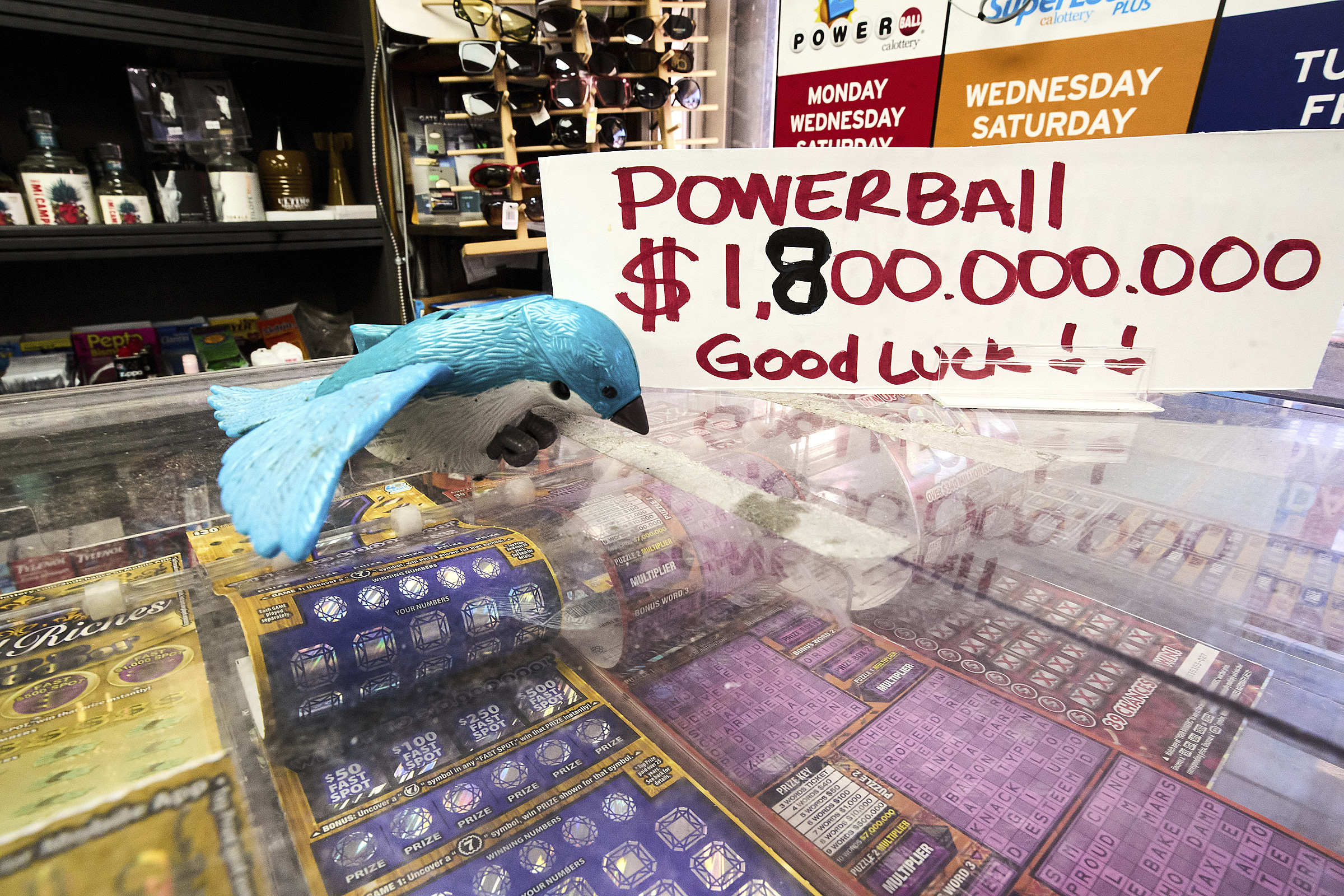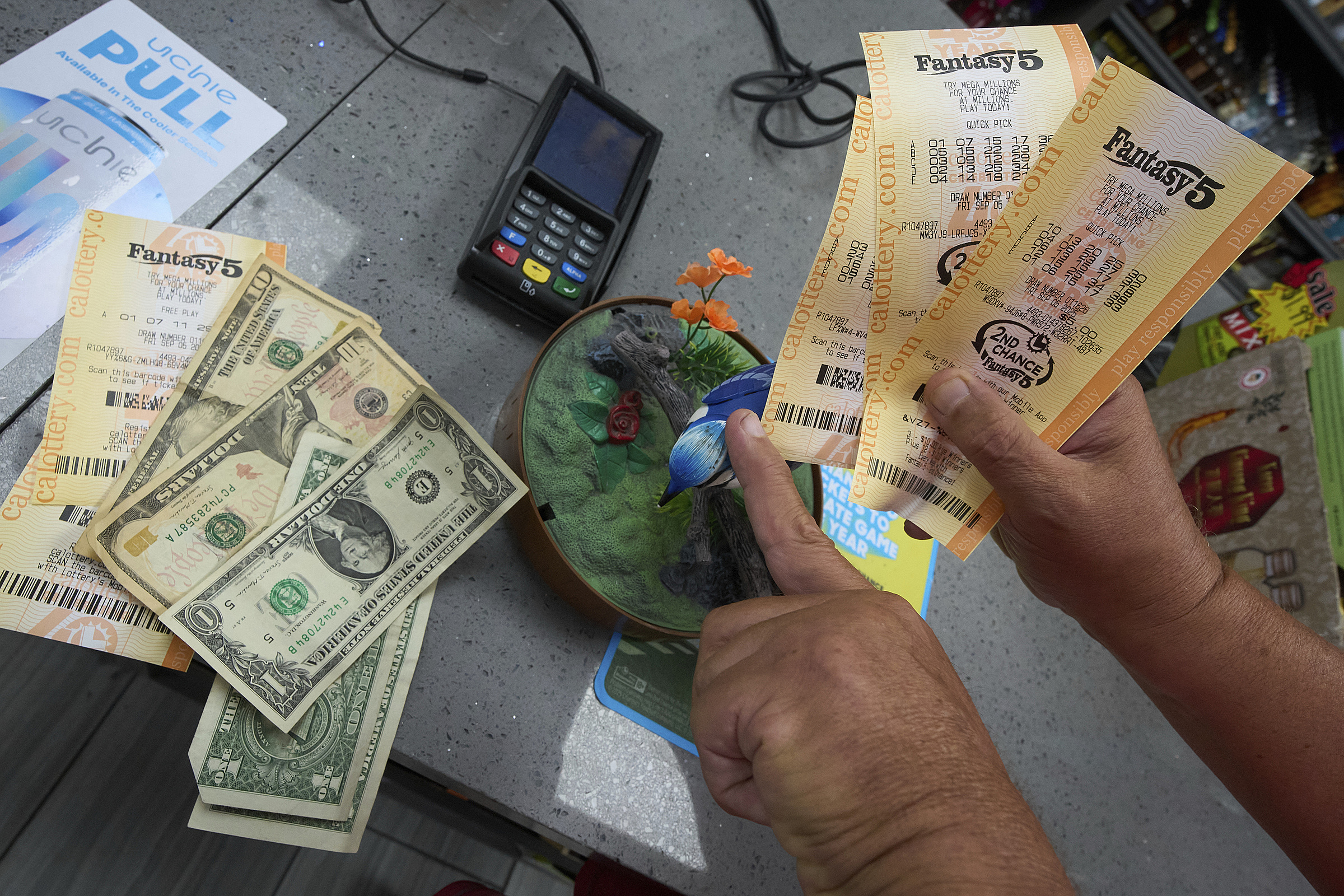After the Wednesday, 6/9 drawing, the Multi-State Lottery Association (MUSL), which manages Powerball, announced two tickets sold in Texas and Missouri had won the $1.8 billion jackpot, splitting the prize.
Winners can choose to receive the $893.5 million prize in 30 annual installments over 29 years or a lump sum of $410.3 million. Most jackpot winners choose the lump sum.
If they choose the lump sum, the Internal Revenue Service (IRS) automatically withholds 24% federal tax, or $98.47 million, leaving each winner with approximately $311.83 million.
 |
A Powerball billboard estimates the jackpot at .8 billion at a store in California on 5/9. Photo: AP |
A Powerball billboard estimates the jackpot at $1.8 billion at a store in California on 5/9. Photo: AP
However, jackpot winners fall into the highest income bracket and are subject to the top 37% tax rate, meaning an additional 13% is owed. After all federal taxes, each winner will receive around $258.5 million.
The final amount depends on state tax laws. Texas does not have a state income tax, so the Texas winner will keep the entire $258.5 million. The winning Texas ticket was sold at a convenience store in Fredericksburg. The store will receive $250,000 for selling the winning ticket.
Missouri has a 4% state tax on lottery winnings, so the Missouri winner will pay an additional $16.4 million in state taxes, netting about $242 million.
While $242 million to $258 million is less than the advertised $1.8 billion, it remains a substantial sum. It could buy four new Gulfstream private jets or approximately 600 average-priced homes in the US. It could also cover the lifetime salaries of 120 American workers based on current wage data.
 |
A lottery player rubs their ticket on a bluebird statue for good luck at a store in California on 5/9. Photo: AP |
A lottery player rubs their ticket on a bluebird statue for good luck at a store in California on 5/9. Photo: AP
Powerball, which replaced Lotto America in 1992, is played in 45 states, with drawings held every Monday, Wednesday, and Saturday evening.
Players choose five numbers from 1 to 69. A sixth number, the Powerball, is chosen from 1 to 26. The odds of winning are 1 in 292.2 million, significantly lower than the odds of being struck by lightning. The jackpot starts at $20 million and increases if no one wins.
The largest Powerball jackpot in history was $2.04 billion, won in California in 2022. The winner took the lump sum and received over $620 million after federal taxes. California has a 13.3% income tax but does not tax lottery winnings.
Duc Trung (NY Post, NBC News, Forbes)












